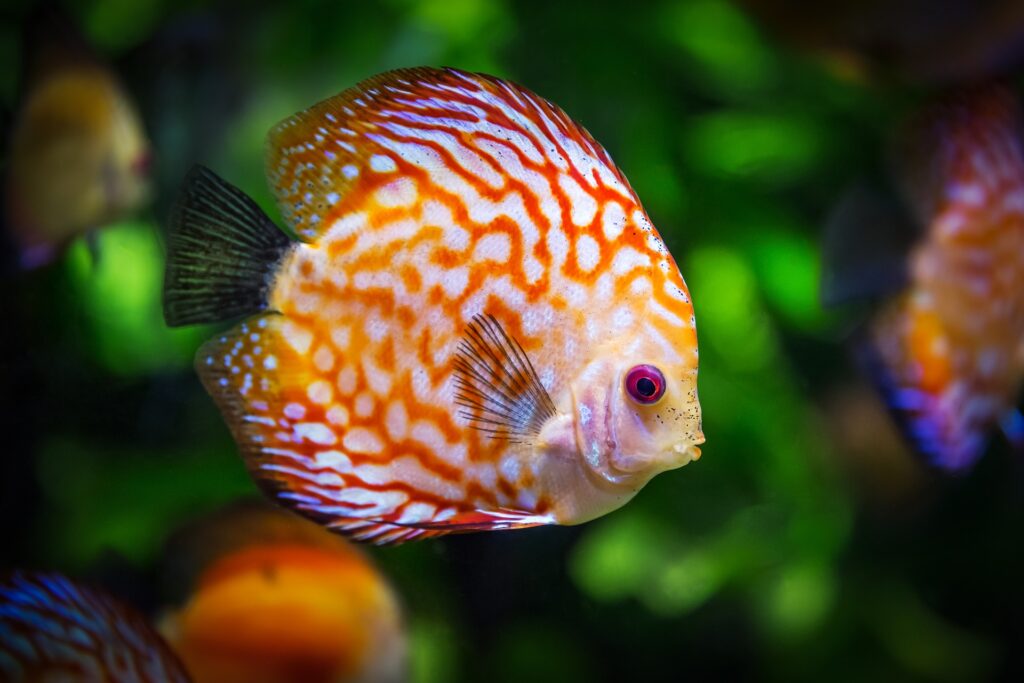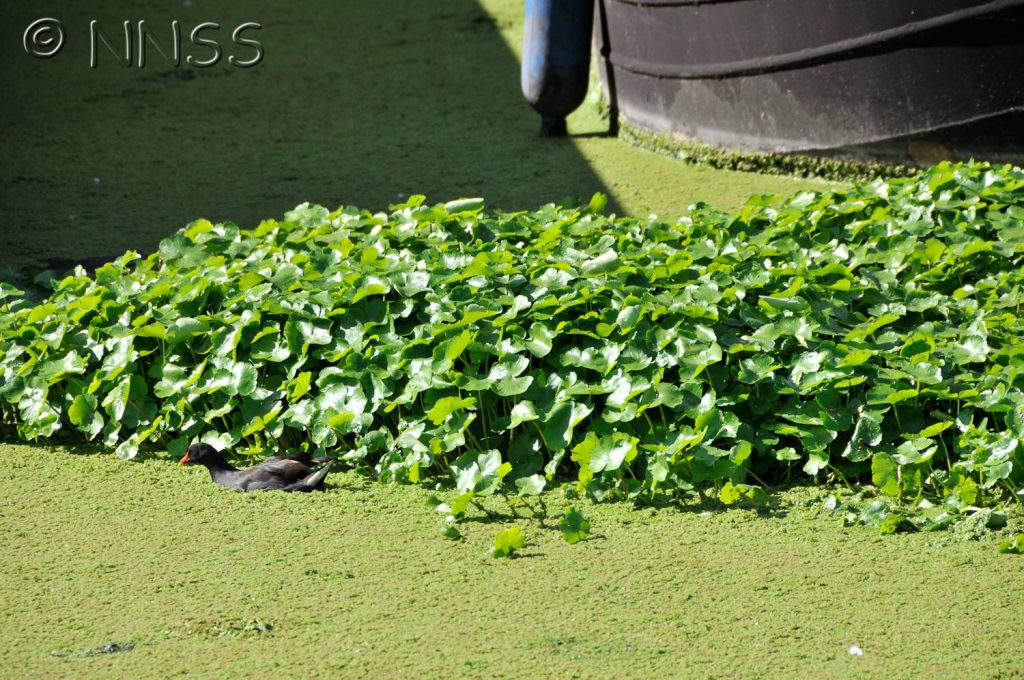Non-native species are those which are not native to an environment and usually introduced by human activity. Some live happily without upsetting the environment, but others have a competitive advantage and might be able to out-hunt, out-breed or otherwise impact the balance of the ecosystem – these species are known to be "invasive".
Each year, we mark Invasive Species Week to raise awareness of the impact these species can have on the environment and how people can help to spot them or stop their accidental or deliberate introduction.
Yesterday we explained how anglers can "Check Clean Dry" to avoid transferring invasive species on their kit. Today, Debbie Murphy talks about why we should avoid releasing unwanted fish from our aquariums or ponds into the wild.
The importance of "rehome rather than release"
Many people like to keep home aquariums. Some take care of their fish in inside tanks, whereas others have outdoor ponds for them to enjoy.
To stock these, millions of plants and fish are imported to the UK for the ornamental market. Most of these are kept responsibly and contained within tanks or ponds but occasionally problems can occur. Invasive species can find their way out of containment and into the natural environment through deliberate discards and escapes.

Most species kept by fish keepers could not survive in UK waters, preferring warmer climates, but some can, especially those living in garden ponds. These can establish populations which threaten existing animals and the balance of our ecosystems. However, there are some simple steps you can take if you keep fish.
Flooding is becoming a more frequent event and can be a route for animals and plants to find their way into local waterways so it is wise to consider stocking native species or options for containment when creating a pond. Similarly, discarded silt from pond restoration can contain seeds and roots that will take a hold given any opportunity so must be dried and disposed of appropriately.

Unwanted animals must not be released into the wild where they could prey on native species or outcompete them for food and habitat space. Most retailers will be happy to assist with rehoming, so if you regret a purchase or are no longer able to look after an animal, rehome rather than release it.
We’ll be posting more about invasive species over the week on our blog and on the @CefasGovUK twitter feed. Partner organisations will also be posting so you can follow along online @InvasivesSp or using the hashtag #InvasivesWeek and think about the small actions you can take to protect the environment.